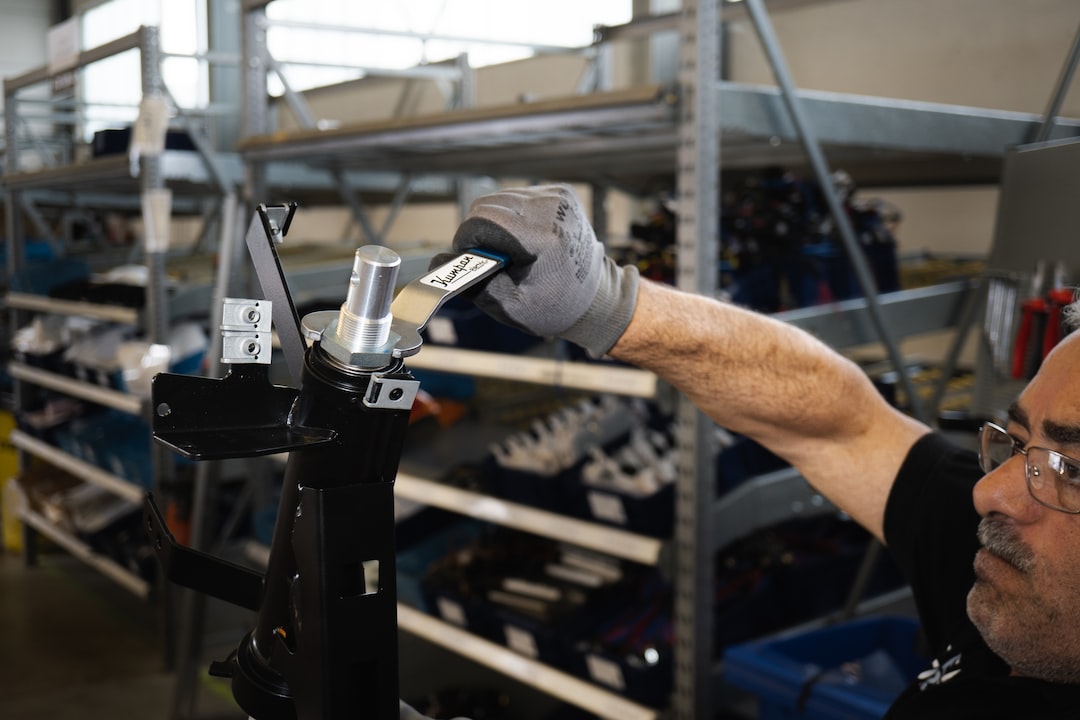The Key Components of a Successful Manufacturing Supply Chain
In today’s global economy, manufacturing companies face intense competition and the need to efficiently manage their supply chains has become paramount. A well-designed supply chain not only enables manufacturers to reduce costs but also enhances their ability to meet customer demands in a timely manner. Supply chain management encompasses a series of processes that involve the flow of products, information, and finances. Each component plays a vital role in ensuring the success of a manufacturing supply chain. Let’s take a closer look at the key components that make up a successful supply chain.
1. Demand Planning and Forecasting:
Understanding customer demand is crucial in determining production schedules and inventory levels. By accurately forecasting demand, manufacturing companies can optimize their production processes and prevent over or understocking. Advanced analytics tools and historical data help in predicting consumer trends, thereby enabling companies to make informed decisions.
2. Procurement and Supplier Management:
Procuring the right raw materials at the right time and from reliable suppliers is fundamental in ensuring uninterrupted workflow. Effective supplier management involves building strategic relationships, negotiating favorable terms, and monitoring supplier performance. Companies need to select suppliers based on factors such as quality, reliability, cost, and ethical practices.
3. Production Planning and Scheduling:
An effective production planning and scheduling process ensures that the right products are produced in the right quantities, at the right time. Efficient planning takes into account factors such as resource availability, production capacity, and delivery schedules. Companies leverage sophisticated planning software to balance customer demands, optimize production, and minimize downtime.
4. Inventory Management:
Maintaining optimum inventory levels is essential for smooth operations and cost reduction. Excess inventory ties up capital and increases storage costs, while inadequate inventory may lead to delayed orders and dissatisfied customers. Companies employ inventory management techniques such as just-in-time (JIT) and lean principles to strike the right balance and improve overall supply chain efficiency.
5. Transportation and Logistics:
Transportation plays a critical role in bridging the gap between suppliers, manufacturers, and end customers. Efficient logistics management ensures timely delivery, minimizes transportation costs, and enhances customer satisfaction. Companies may choose between various modes of transportation based on factors such as delivery time, cost, and the nature of the product.
6. Warehousing and Distribution:
Warehouses are pivotal in the storage, sorting, and distribution of finished goods. A well-designed warehouse layout and effective inventory management within the warehouse can significantly improve operational efficiency. Companies often embrace automation and advanced technologies to streamline warehousing processes and reduce errors.
7. Information Systems and Technology:
Technology plays a vital role in managing a modern supply chain. By integrating various systems such as Enterprise Resource Planning (ERP), Customer Relationship Management (CRM), and Supply Chain Management (SCM) software, companies can gain real-time visibility and make data-driven decisions. Technology also enables effective collaboration between suppliers, manufacturers, and customers, ensuring a seamless flow of information throughout the supply chain.
8. Continuous Improvement and Performance Measurement:
Companies must continually assess and improve their supply chain performance to stay competitive. Establishing metrics and key performance indicators (KPIs) helps in identifying areas for improvement and evaluating overall supply chain efficiency. Regular monitoring allows companies to implement changes, streamline processes, and achieve operational excellence.
In conclusion, the success of a manufacturing supply chain relies on a well-coordinated effort across various components. By aligning demand planning, procurement, production, inventory management, transportation, warehousing, and technology, companies can enhance their operational efficiencies, meet customer demands, and gain a competitive edge in the market. Embracing continuous improvement and performance measurement ensures that the supply chain remains adaptable and responsive to the evolving needs of the industry.


